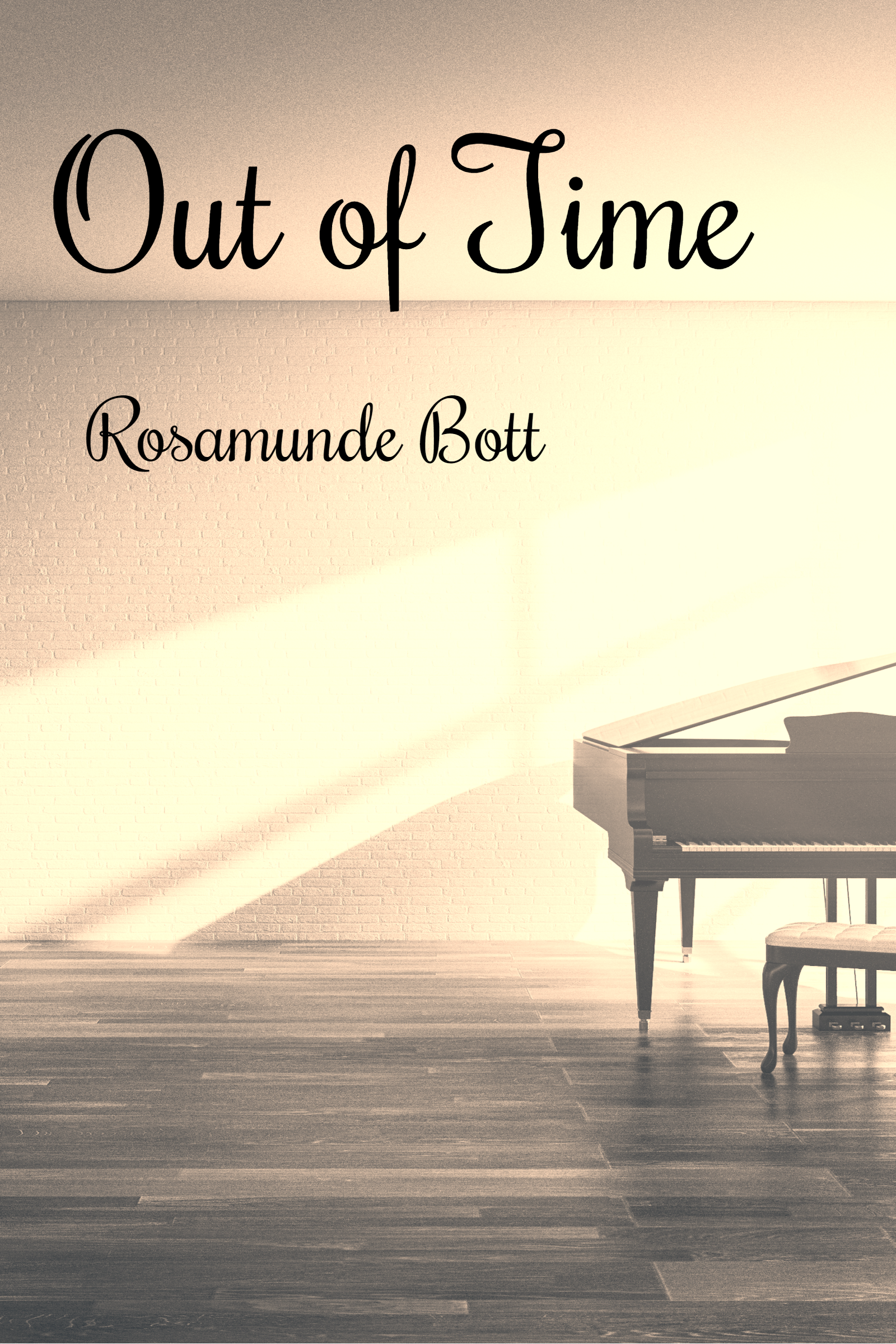I suppose that most, if not all, writers suffer from
writer’s block from time to time: that dreaded ‘blank page’ syndrome, where you
lose confidence and inspiration, and just seem unable to put pen to paper, or fingers
to keyboard, without crossing out or hitting the delete button.
Below I’ve laid out five variations of writer’s block,
and how to get through them. If you have
any more, leave me a comment and I’ll do my best to reply!
1. Trying to be perfect. When I first started writing, I found it extremely difficult to write anything much at all, and when I did I had no confidence in what I had written. I could barely get two or three sentences down without going back and constantly re-writing. Why? Because I thought that my writing had to be GOOD as I was writing it! So, getting one chapter written was a major achievement! Luckily, I came across a book called Writer’s Block and How to Use It by Victoria Nelson. I am so grateful for this book, because it got me out of that self-imposed prison of constantly re-writing and never progressing. I learned to just keep writing, to remember that the words, sentences, grammar and spelling do not have to be perfect in the first draft. The point of the first draft is the get the story down. The improvements, deletions, adjustments and insertions are what the second, third and fourth drafts are for (or more if you like). Grammar and spelling are what the editing process is for. I have never forgotten this lesson, and whenever I find myself stuck in trying to find the right sentence, the best descriptive prose or even the right word, I remind myself of this mantra: ‘Just get the story down’. There will be plenty of time later to make adjustments.
2. Fear of Judgement/Lack of Confidence. I think this is a big one for all writers – and indeed anyone within the creative arts, whether you’re a writer, artist, musician or any variation of those! Fear of criticism or rejection goes hand in hand with creativity, but if you let it take over can ruin your confidence. Very often it’s your own inner judge that is the real problem! Perhaps knowing that all others writer suffer from this will be helpful. But I would also recommend another book. It’s a general self-help book I read many years ago, but it certainly will help if you are a writer fearing criticism. It’s called Feel the Fear and Do It Anyway by Susan Jeffers. You could also try running your ideas past a trusted friend, someone who will be honest, and give constructive criticism rather than pull your work to pieces!
write the book that you would like to read
Another way of getting round this fear is to forget
about the potential readers, and just write the story for yourself. Enjoy it; write the book that you would like
to read, and by the time you’ve finished it, it’s pretty likely that other
people will like it too!
3. Plot Problems. Oh – I’ve had quite a bit of trouble with this one over the last year or two. Half way through writing my novel, Legacies, I realised that I had a major plot problem. My strategy for getting my main character to find the answers she needs was jut not going to work because I couldn’t make it work in a historically realistic way. So I had to spend some time re-thinking my plot and re-writing quite a lot of the novel. This kind of thing can seriously undermine your confidence in the whole project and can make you want to chuck your whole novel, along with your computer, into the nearest wheelie bin. But my answer was to just keep turning it over in my head, making mind maps and all those kinds of strategies, and eventually something occurred to me and I was able to move forward again.
4. Nothing
to Write About. Perhaps you haven’t
actually started to write the novel yet, because you can’t think what to
actually write. This can also happen to
the best writers, whether you have forty or no previous novels. My solution to this problem is twofold. First, I would suggest that you sit down and
make a list of the things in life that are important to you, whether it’s
family life, political or world issues or something else. What would you like to say about these things? Then, make a list of things that you know
about; your work, your hobbies, sports, or perhaps something that you’ve
studied in college. Looking at your two
lists, is there any way that you could combine something from both lists? Secondly, and if nothing has come to you so
far, read as much as possible on these subjects. Read fiction, non-fiction, articles and blogs. Read writers you love, who inspire you. By doing this, you should begin to get a
spark of an idea that you can work on.
5. Distractions
and Procrastinations. We’ve all done
it; allowed ourselves to be distracted by a long phone call, or told ourselves
that we have to just get the dishwasher emptied before getting down to
write. But if these things are taking
over, and you’re not getting anything on paper (or screen) you need to adjust
your attitude to your writing. Are you
taking it seriously enough? Are you
allowing friends and family to distract you because you’re not giving your work
enough importance? Are you putting off
the moment of sitting down to write because you feel guilty that you’re
spending time on something you want to do?
If this is the case, it is time to seriously consider
how you see yourself as a writer. If you
are truly committed to being a writer, and want to make it your work (whether
full time or part time) you have to first tell yourself that it IS work, and
you need to approach it as such. You
wouldn’t turn up late for your paid work because you had to vacuum the floor,
or because you had to reply to a text from your friend, would you? Then why do that to your writing? Once you’ve realised this, and set aside
specific times for your writing, you also need to let your friends and family
know that you are unavailable except for emergencies at these times – and be
really disciplined about it. Because, if
you don’t take it seriously, no-one else will.


